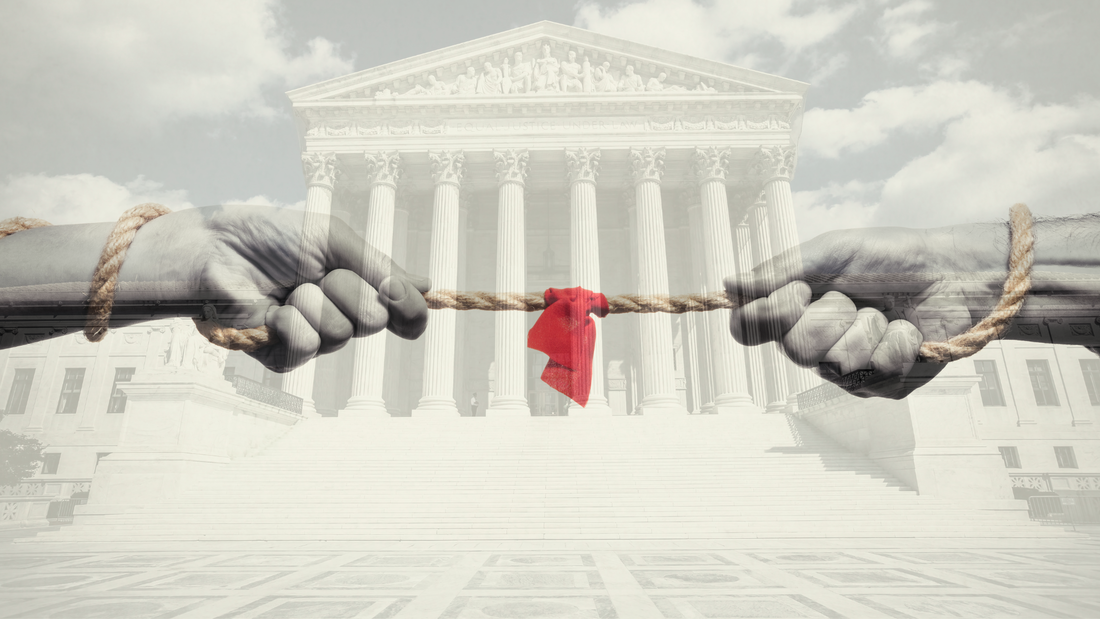|
Last week PPSA appealed a federal district court decision denying our motion under the Freedom of Information Act (FOIA) to force the FBI to produce records concerning the agency’s “unmasking” of various Members of Congress. Although the legal issue in this case may seem technical and abstruse, the legal question PPSA presents is important to Americans’ ability to hold our government accountable for surveillance directed at all of us.
These are the kinds of overarching, important concerns behind our FOIA requests. But such larger issues are often subsumed along the way in legal wrangling. These cases often center around the government’s efforts to avoid responding to a FOIA at all. At first blush, the FOIA process seems straightforward. You might imagine that: PPSA files a FOIA request seeking records concerning surveillance practices, training, or procedures to a given government agency; the request is transmitted to the relevant agency component; and then the agency produces responsive records a few weeks later and we publicize them. After all, that is what FOIA requires. But things are never so easy with FOIA. Government agencies routinely employ delaying tactics and denials to frustrate and exhaust even the most persistent requesters. In addition to simply ignoring requests, FBI and other agencies rely on a judicially invented doctrine called the Glomar response to claim that they are not even required to confirm or deny the existence of records about a given subject. Elsewhere, agencies claim that they don’t need to comply with FOIA because it would be too burdensome, as if digital search engines had yet to reach government record-keeping. Such responses were meant by Congress to be rare exceptions to the rule. In practice, they’ve become the rule. In the face of such obstructionism from officialdom, PPSA always takes the long view. A FOIA request is just the opening play in a long set. A denial, often on Glomar grounds, is the customary result. Once we receive an official denial to our request (usually long past the statutory deadline), PPSA then files an administrative appeal. Barring a satisfactory result (which is rare), we take the agency to court. So we were not surprised when a judge on the U.S. District Court for the District of Columbia upheld the government’s argument that it cannot respond to a FOIA request we filed in 2020. PPSA had asked for documents concerning government identification, or “unmasking,” of 48 sitting and former members of congressional intelligence committees in their communications from 2008 to 2020. Predictably, the government pled “Glomar,” and the judge agreed. So we are appealing. In another case, PPSA was surprised when a request for FBI records of opinions from the Foreign Intelligence Surveillance Court (FISC) was denied because – the FBI asserted – it cannot locate these court opinions on its revised computer system. As excuses go, this is a dog-ate-my-homework level of sophistication. This is where flabber goes to meet with gasted. If the FBI truly cannot locate FISC opinions directed at the Bureau, we are truly in trouble. In this instance, PPSA is pursuing an administrative appeal to DOJ’s Office of Information Policy. The appeal is couched in the customary legalese, but the gist of it is: “C’mon guys, this last one doesn’t pass the laugh test.” Following FOIA requests on their long journeys is a tough, gritty business. But, as they say, it may be a dirty job, but someone has to do it. Comments are closed.
|
Categories
All
|


 RSS Feed
RSS Feed